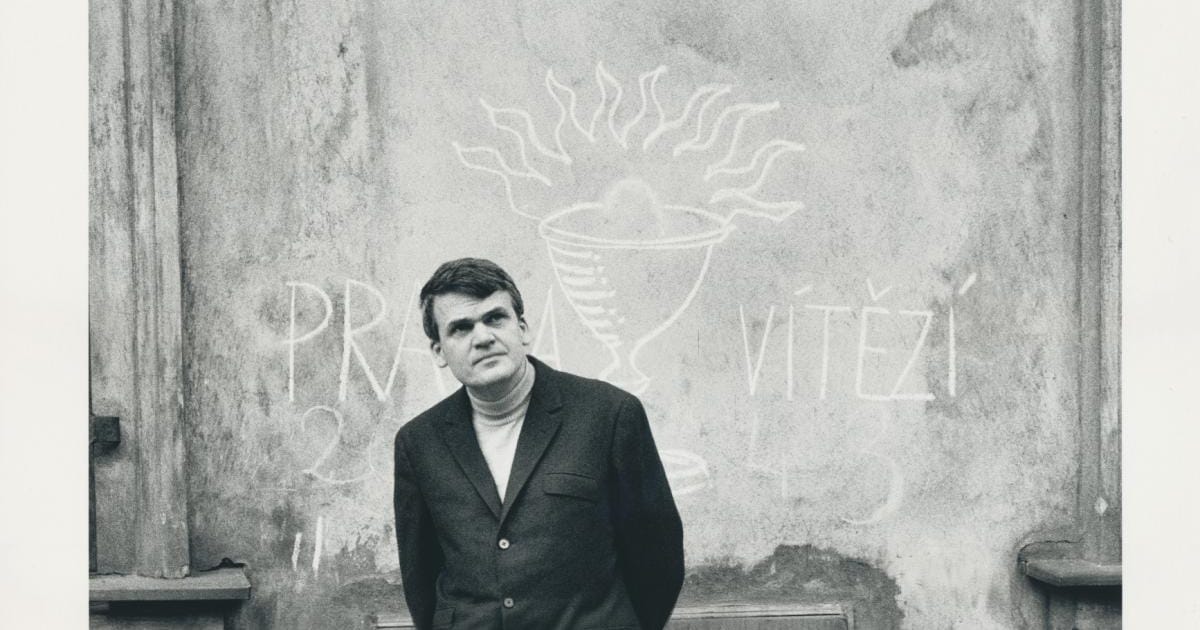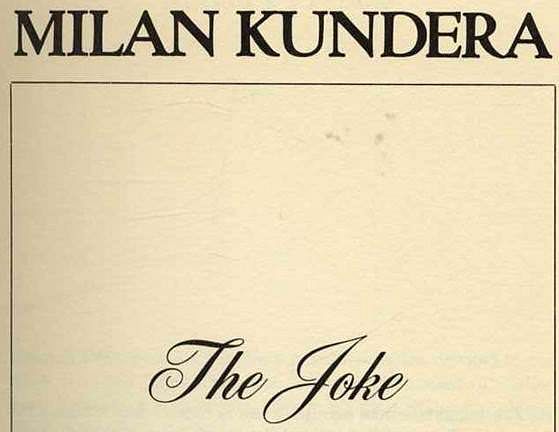


He welcomed the 1948 coup and the arrival of a new world, and went, as a student, to study film at university. Back in 1948 he had been an enthusiastic communist, joining the party when still at school.

Kundera, just turning 40, was among this group. Over a hundred thousand Czechs fled the country, and another massive wave of repression and punishment threw an entire generation of professionals out of their white collar jobs, forcing them into menial labouring jobs. So in August 1968 some 500,000 Russian and other eastern bloc soldiers rode tanks into Czechoslovakia, occupying all the cities and strategic points, overthrowing the liberal government and reinstalling a hardline Stalinist regime. The growing political, economic and cultural liberalism of Czechoslovakia led to fears that it might be about to leave the Soviet-backed security and economic alliances, and that its example might undermine Russia’s grip on all Eastern Europe. Which all became known as ‘the Prague Spring’. Hundreds of thousands were sacked from their jobs, around a hundred thousand were imprisoned and tens of thousands executed as spies and traitors and saboteurs, including friends and colleagues of Kundera’s.Īfter putting up with nearly twenty years of oppressive rule, in late 1967 and early 1968 rising protests against the regime was met by a new, more liberal generation of party leaders, who set about loosening communist policy, reining back the dreaded secret police, and allowing a flowering of expression and political criticism in the media, newspapers, radio and TV, and among artists and writers. Soon enough the government showed its Stalinist colours, rounding up not only conservatives and capitalists, big landowners, bankers and so on, but also socialist and liberal writers and critics. Initially, many of the brightest and best in the country celebrated a new era which promised to deliver a new world of freedom and justice and equality for all. When he was ten the Nazis annexed his country and imposed Nazi rule, when he was 16 the Russians liberated his homeland, and when he was 19 the Russians supported the February 1948 coup which brought a communist government to power. Kundera was born in 1929 in Brno, Czechoslovakia.

‘A melancholy duet about the schism between body and soul’ (Milan Kundera in the Introduction) Czech history – a postwar snapshot


 0 kommentar(er)
0 kommentar(er)
